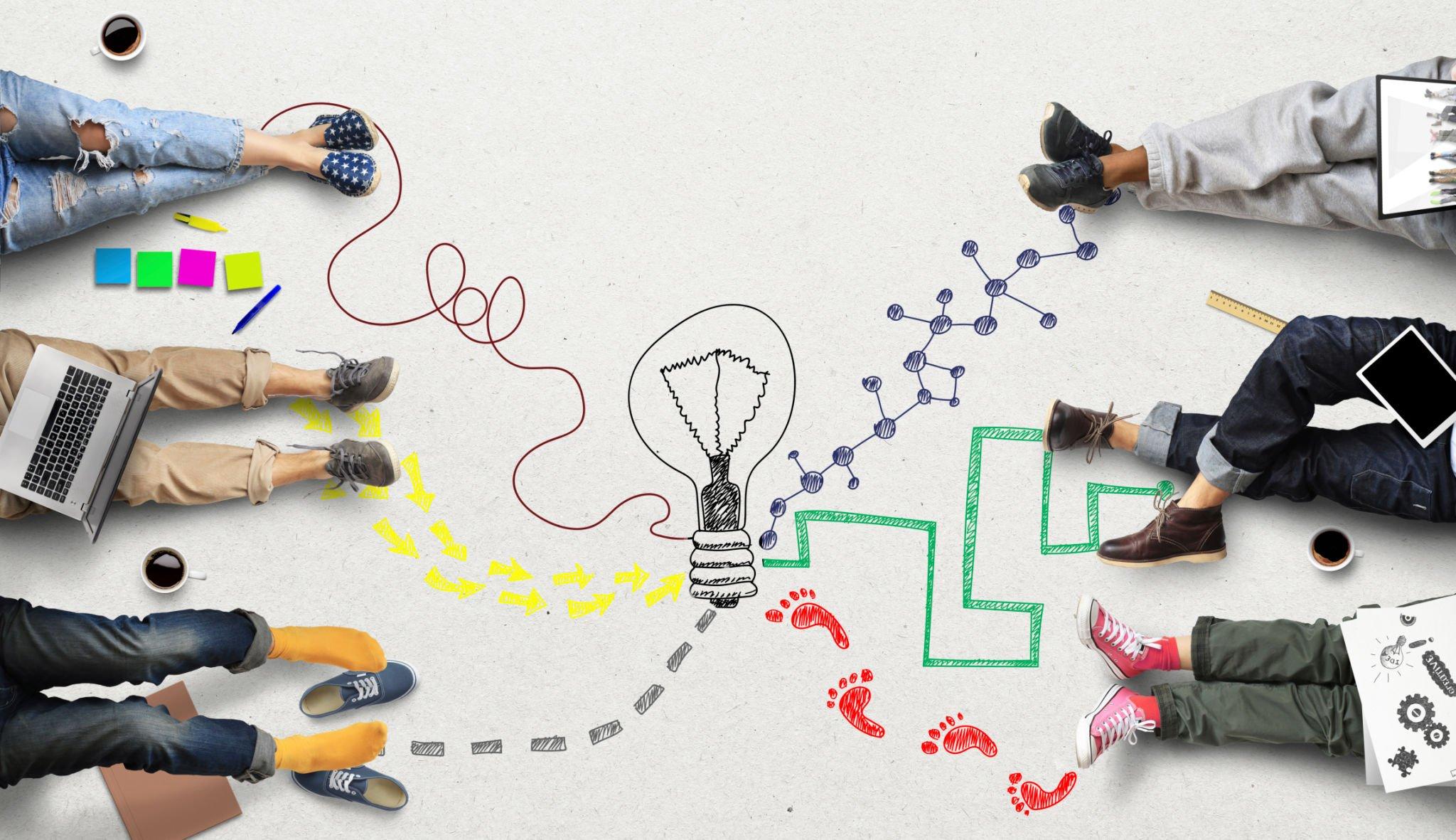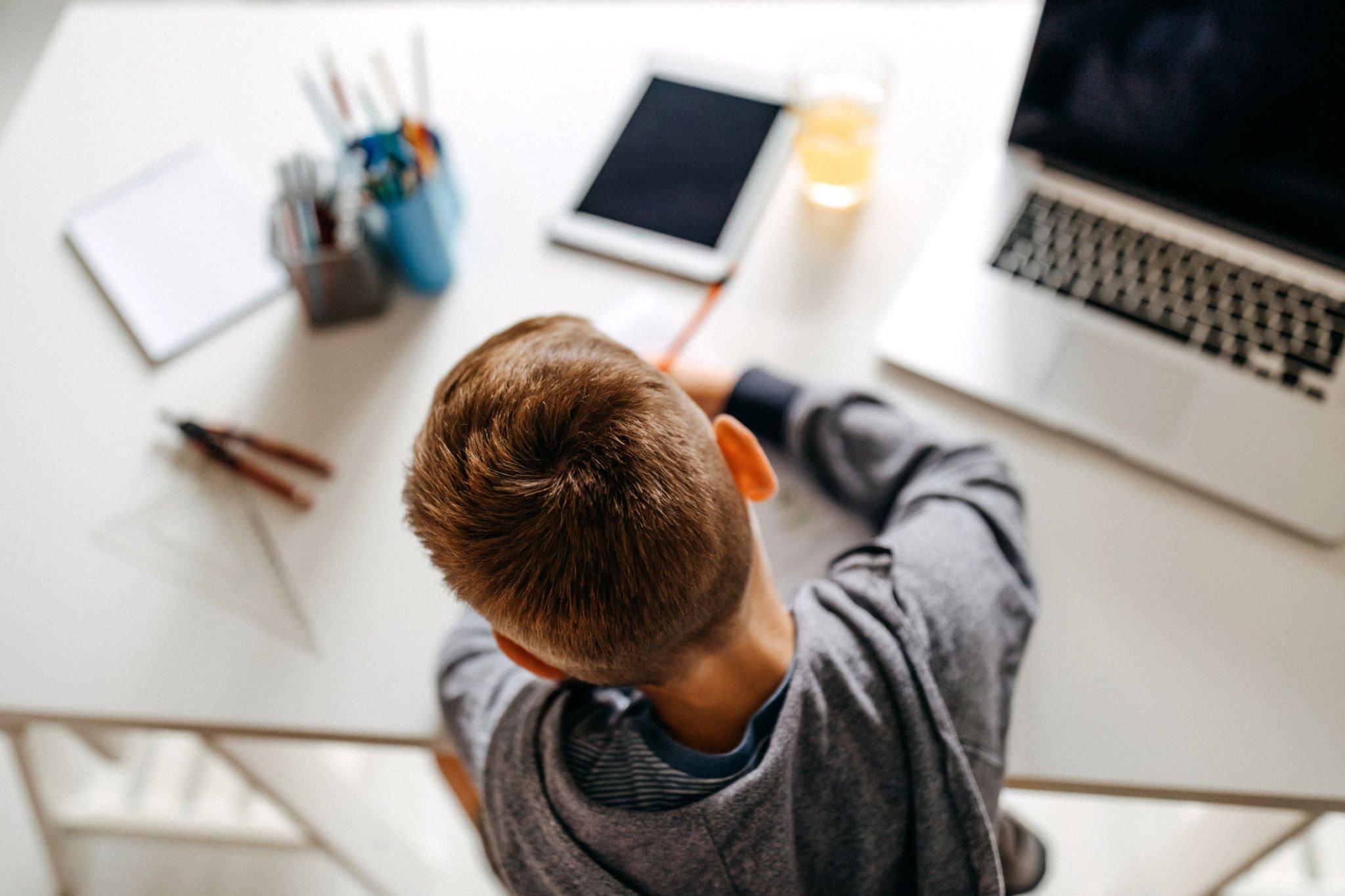Adapting to Change: Current Education Trends Explained
In the dynamic realm of education, being at the forefront is imperative for educators, students, and institutions. Navigating the complexities of the 21st century, we witness pivotal Education Trends that redefine our approach to teaching and learning. This article explores these transformative trends, shedding light on how educators are embracing change to cultivate a more dynamic and effective learning experience. To stay informed about the latest advancements in education, explore Zoriaf’s insights into Education Trends.
Personalized Learning: Catering to Individual Needs
Personalized learning has emerged as a cornerstone in modern education. Recognizing that each student has a unique learning style and pace, educators are leveraging technology to tailor educational experiences.
Adaptive learning platforms and AI-driven tools are used to assess individual strengths and weaknesses, allowing for a customized curriculum that maximizes student engagement and comprehension.
Integration of Technology in the Classroom
The integration of technology is no longer a choice but a necessity in today’s classrooms. From interactive smartboards to virtual reality (VR) experiences, technology is transforming the traditional learning environment.
EdTech tools not only make lessons more engaging but also prepare students for a tech-driven future. This trend emphasizes the importance of digital literacy as a fundamental skill for the 21st-century learner.
Project-Based Learning: Fostering Critical Thinking Skills
Project-based learning is gaining momentum as a pedagogical approach that goes beyond rote memorization. Students are encouraged to collaborate, think critically, and solve real-world problems through hands-on projects. This trend fosters creativity and equips students with practical skills that are essential for success in a rapidly changing job market.
Emphasis on Social and Emotional Learning (SEL)
Recognizing the holistic development of students, there is a growing emphasis on Social and Emotional Learning (SEL). Educators are incorporating SEL into the curriculum to help students develop self-awareness, interpersonal skills, and emotional resilience.
This trend not only contributes to a positive school culture but also prepares students for future challenges in both their personal and professional lives.
Inclusive Education: Bridging Gaps and Celebrating Diversity
Inclusive education is a transformative trend that focuses on creating learning environments that cater to the diverse needs of all students. From students with different learning abilities to those from various cultural backgrounds, inclusive education aims to provide equal opportunities for every learner. This trend promotes a sense of belonging and ensures that education is accessible to all.
Lifelong Learning: Beyond the Classroom Walls
The concept of lifelong learning is reshaping traditional educational models. With the pace of change in today’s world, continuous learning has become imperative.
Educational institutions and professionals are embracing this trend by offering online courses, workshops, and resources to support ongoing skill development. Lifelong learning emphasizes the idea that education is a lifelong journey rather than a destination.
Global Collaboration: Breaking Down Geographic Barriers
The world is more interconnected than ever, and education is reflecting this reality. Global collaboration is a trend that brings students from different parts of the world together through virtual classrooms, collaborative projects, and cultural exchanges.
This not only broadens students’ perspectives but also prepares them to be global citizens in an increasingly interconnected world.
Conclusion
The current education trends are indicative of a shift towards a more dynamic, inclusive, and technology-driven learning environment. Educators and institutions that embrace these trends are better positioned to prepare students for the challenges and opportunities of the future.
As we continue to adapt to change, it is clear that the evolution of education is a journey towards creating well-rounded individuals equipped to thrive in the ever-changing landscape of the 21st century.




